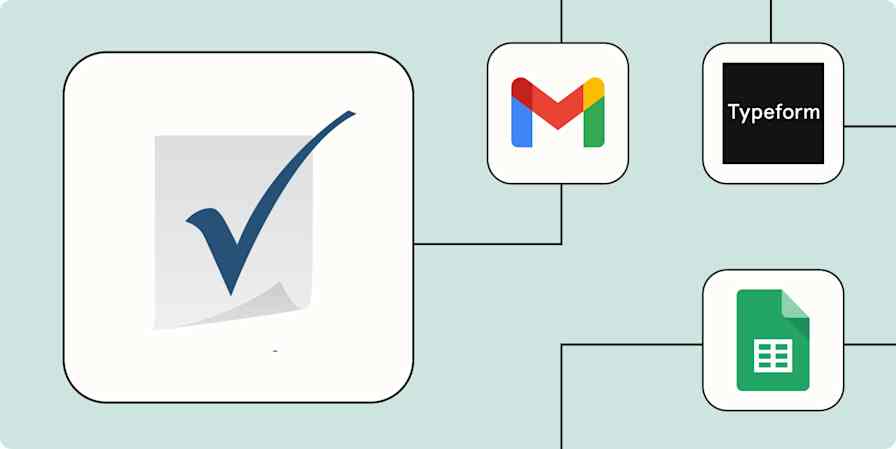Automation inspiration
6 min readAutomation for startups: is automation your untapped competitive advantage?
By Andrew Davison · June 22, 2021

Get productivity tips delivered straight to your inbox
We’ll email you 1-3 times per week—and never share your information.
Related articles
Improve your productivity automatically. Use Zapier to get your apps working together.








